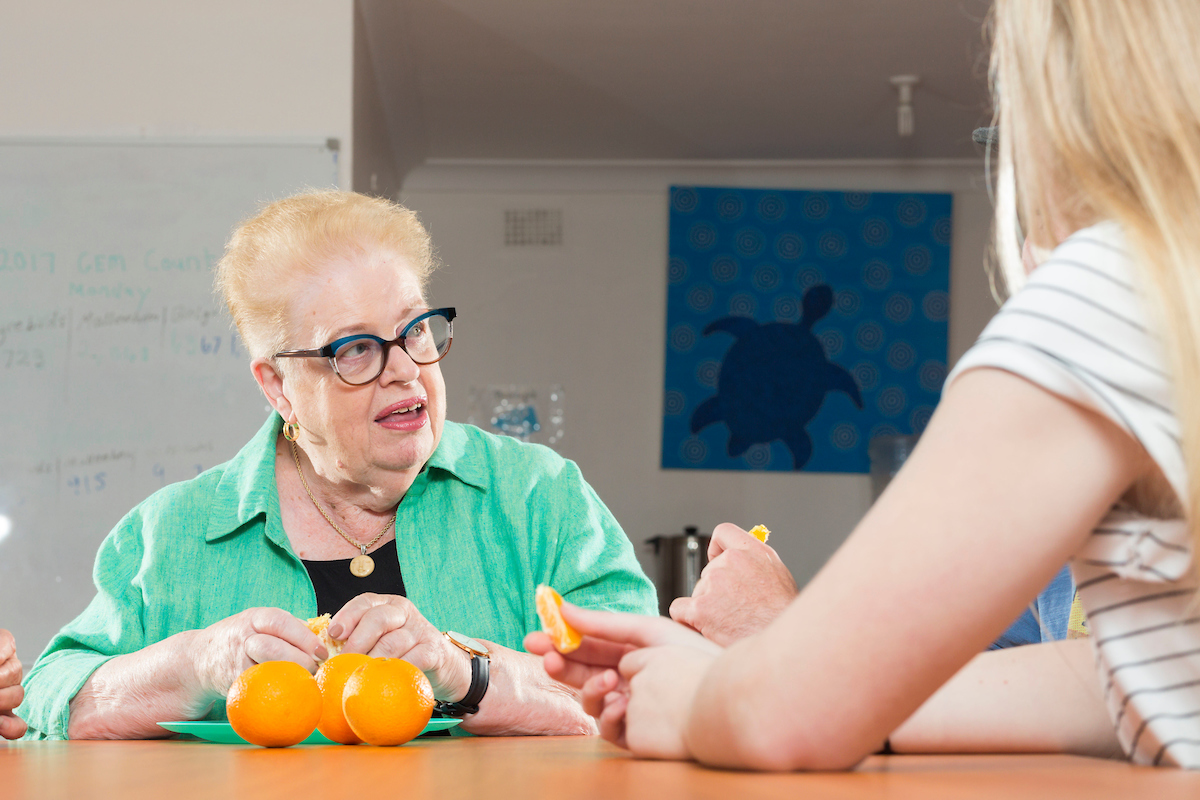Heart Centred Leadership - The Whole Me

This past couple of weeks we have been talking about heart-centred leadership and the role which this has to play in society. We have also been talking about a journey towards a better and more intimate understanding of the self. This week, our journey really begins.
The first four sessions of a new term at Learning Ground is always an exciting time, but it is a time tempered with the recognition that we have begun a journey with something very important to do; something very important indeed.
Important Aims and Vital Outcomes
A whole and complete understanding of the self - this means, getting to know our physical, emotional, spiritual, intellectual, and social sides to the same degree - is really important if we are to develop the self-respect we need to becoming functioning and contributing members of society.
From self-understanding and self-respect comes a knowledge of our position within the community. And from this knowledge comes the community-spiritedness and respect for our surroundings that is essential to a healthy society as it develops.
Encouragingly, this progression does seem to be taking place more in Australia today. Property damage, vandalism, and environmental pollution offences have fallen by almost half between 2015 and 2016, along with a similar fall in general public order offences.
However, despite these positive figures, there is still work to be done. Statistics from Victoria found that home invasion burglaries carried out by 10 to 18 year-olds more than doubled between 2015 and 2016, with 415 aggravated incidents occurring in 2016, compared to 183 the previous year.
We are on our way, perhaps, but we need to continue to nurture the ideas of self-respect and social responsibility in our young people if our society is to become a more positive one.
The Oranges
To prepare the minds of our young people as they embark on this journey of self-knowledge, the team here at Learning Ground use the 'orange' analogy.
How do you eat an orange? Of course, you begin by peeling it and then you eat the flesh inside. But how do you peel the orange? Do you use your fingers to break the skin? Do you use a knife to cut the skin in a spiral? Perhaps you use your teeth to bite into the skin to get you started?
The method by which we eat an orange depends on ourselves and our own, distinct personalities. Just because one way is right for some does not mean it will necessarily be right for everyone. However, there may be other factors involved also.
Let’s consider the oranges themselves. Do the attributes of an orange influence the way in which you approach eating it? Does the way in which the orange has been grown, picked, stored and transported have any influence on this? How about whether the orange happened to grow on a comparatively shaded area of the tree, rather than in full sunlight?
This is quite a complex analogy, and it needs to be. It illustrates how we feel about ourselves and the uniqueness of our own approaches to problems in work and our daily life. And it also underlines the multifaceted nature of our society; the fact that a flexible style of leadership and interaction is required if our society is to be benefited by the actions of its citizens.
At Learning Ground, we use this analogy in relation to the young people who come through our doors, giving them the grounding they need in the heart-centred leadership we have been discussing over the last few weeks. However, this does not represent the limit of its usage.
Thinking about the oranges; how can you apply this analogy in your own life and to your own leadership role, be that in the workplace, at school, in a community, or at home? Consider this question and how it relates to your own actions moving forward.
We speak of each orange being different in colour, shape and size. Some with a very thick skin, others soft and pliable. Then the pith, some thick and strongly casing the orange, others very thin and hardly necessary to remove. Finally the small pieces, some hard to break, some dry, some soft and juicy.
Ultimately discussion continues thinking of similarities between the experiences with an orange and the human experience in getting to know the self and the other.
Margaret Bell, AM - Founder and CEO of Chain Reaction Foundation.
| Website | Donate to our Purple Heart Appeal | Contact Us | Purchase the Book |
